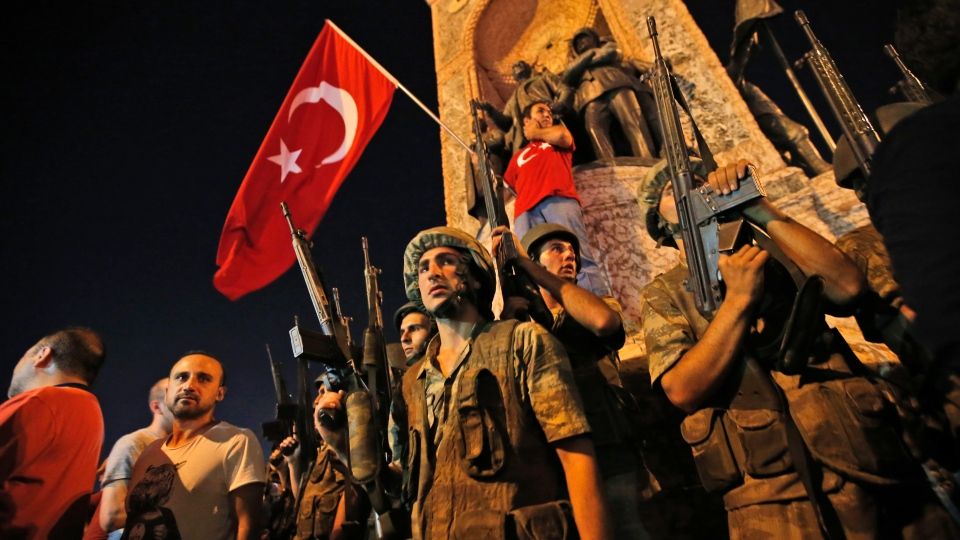Objectives:
Students will be able to…
- determine why Turkey was downgraded by Freedom House to “not free”
- evaluate what it means for a country to be “free”
- assess what freedoms they have in their community
Warm-up:
Discuss as a class:
- What does freedom mean to you?
- What are some things people have protested in your country recently? What drives people to protest?
- Should there be a limit to how much power a country’s government should hold? If so, what limits should be imposed?
Introducing the Lesson:
“Freedom” is a word that holds great power but many interpretations. In early 2018, Freedom House, an NGO largely funded by the U.S. Federal Government, downgraded Turkey’s status from “partially free” to "not free," in part due to a series of changes made by its government following the failed coup of July 2016.
Using Christopher de Bellaigue’s reporting project, “An Investigation into Turkey,” students will analyze the events catalyzed by the coup and think critically about the criteria considered by Freedom House when evaluating a country’s level of freedom. They will also consider what freedoms they have and what freedom means in their community.
In-class Activity:
Divide students into seven groups and assign each group a letter A-G. Ask students to first read the series of questions/criteria corresponding to their letter. As students read “Welcome to Demokrasi: How Erdogan Got More Popular than Ever,” ask them to list evidence that answers the set of Freedom House questions assigned to them. Based on the evidence they compiled, students should score Turkey’s freedom levels on a scale from 1 to 4 using the Student Scoring Worksheet, 1 representing the least freedom, and 4 representing the most.
Ask each group to present their findings and the score they gave Turkey for each question. Add the scores for Political Rights and Civil Liberties; then, using the scoring tables (included in the Student Scoring Worksheet above), determine your class’s rating for Turkey. Then, review the Freedom House’s rating and discuss any ways in which your class’s rating differed.
Discussion:
As a class, discuss:
- What does Erdogan’s demokrasi represent, according to de Bellaigue?
- Why would Erdogan want to shut down media outlets and detain journalists?
- What does freedom mean to you?
- What freedoms do you enjoy specific to your country? Your state? Your city? Your family?
Extension Activities:
Option 1. Ask 5 people in your community (friends, family, neighbors, or strangers!) what freedom means to them. Compare and contrast their definitions in a one-page response.
Option 2. Now that you have explored Freedom House’s criteria for what makes a country free, consider:
- Which criteria do you think are most important?
- Are there any criteria that you disagree with, or any that you would add?
Write a brief response to the questions above. Then, create a set of your own criteria to evaluate freedom in countries around the world.
Option 3. Evaluate the “freedom status” in the country of your choosing according to the Freedom House Criteria by reading recent news stories. Start your search for evidence on the Pulitzer Center reporting archive, where you will find international news stories from many different news sources in one place (TIP: you can filter your search by country). Write a paragraph on your conclusions or present them to your class and include evidence you found in news stories from the Pulitzer Center and other sources to support your claim.
This lesson was created in collaboration with Sharna Marcus, a History and English teacher at the Walworth Barbour American International School in Israel.
Hand-outs for this lesson:
